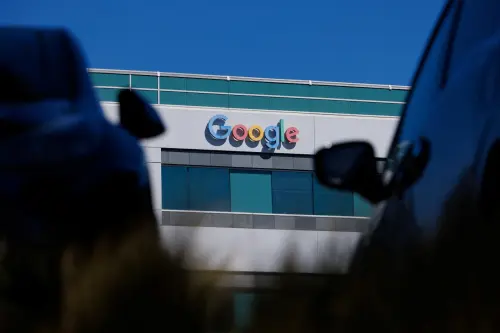In Unpacked, Brookings experts provide analysis of Trump administration policies and news. Subscribe to the Brookings Creative Lab YouTube channel to stay up to date on the latest from Unpacked.
The issue:
On June 11, 2018, the Federal Communications Commission’s repeal of the Open Internet Order—the net neutrality rules—went into effect. In the wake of this change, Americans are wondering how the repeal will affect them, and what it means for the future of internet access. Though consumers may not see changes quickly, the shift on net neutrality undermines the nation’s history on network regulation, creating a new era in how these networks operate in America.
Internet companies will now have the opportunity to start to discriminate in very subtle ways.
The things you need to know:
- Consumers can expect not to see any rapid changes as a result to the change in Net Neutrality rules
- Internet services will likely not jump on this quickly and begin to extract the advantages of this repeal, but they will begin to discriminate in subtle ways
- There is a pending court appeal that challenges the FCC’s ability to repeal Net Neutrality
- The Congressional Review Act, which has already passed the Senate, would repeal the FCC’s decision
- To understand what impact the repeal of the Open Internet rule might have, you have to understand why it was put in place to begin with
- The underlying concept of networks in America, all the way back to the telegraph, has been that there needs to be first-come, first-serve, non-discriminatory access
- The reason why we have this rule is because of monopoly networks
- In most communities, there is one internet service provider – you don’t have a choice. When you have a monopoly situation, there is an incentive to discriminate to help the monopoly owner
- In the past the government has always said that companies cannot discriminate to favor themselves – those concepts were at the heart of the Open Internet Order and they have now gone away
- Internet companies will now have the opportunity to start to discriminate in very subtle ways
- The court decision on the AT&T acquisition of Time Warner (and its assets like CNN) is important because when you have a merger of wired and wireless internet service and give them the opportunity to discriminate against competitors to favor their own content, then you have a new day in how America’s networks operate
The sources:
A wide gulf between federal agencies on broadband competition
The state of tech policy, one year into the Trump Administration
The Brookings Institution is committed to quality, independence, and impact.
We are supported by a diverse array of funders. In line with our values and policies, each Brookings publication represents the sole views of its author(s).





Commentary
Unpacked: Repeal of Open Internet Rule enables monopoly networks
July 3, 2018